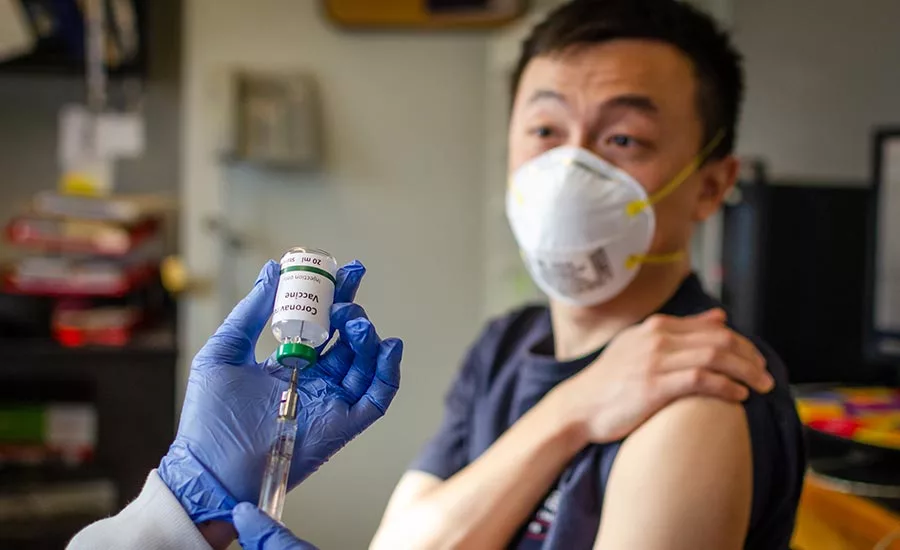Coronavirus: Are We Overreacting?

Let’s put this into perspective. In 2019, the Centre for Disease Control reports that 61,200 people died from the common flu virus. That’s 168 deaths per day! Compared to Coronavirus that was first reported on December 31, with 213 deaths in total until January 31. Based on last years statistics, 5,208 people have died of the common flu in that same time period.
As a qualified Critical Care Paramedic and a graduate of Harvard Medical School’s, Preventing the Next Pandemic program, I was also on the ground in Sierra Leone in 2014 during the outbreak of Ebola and have coordinated several complex medical evacuations for Lassa fever and SARS patients. Over the years, I have also personally contracted West Nile virus, Zika and Malaria due to operating in complex regions, at short notice, for long periods of time.
As the Head of Assistance for a medical assistance company, it is quite literally my job to stay on top of the latest health issues that threaten travelers around the world, and more importantly; how to respond. Traveller Assist has received more than 30 separate queries from corporate and insurance clients to ask what they should do.
Wuhan Coronavirus, while highly infectious, is reported to have a low fatality rate, with a mortality rate of only two percent, compared to SARS that had a mortality rate of 9.6 percent, Lassa at 10-20 percent and Ebola at 50 percent.
As employers, educators and insurers, we all have a duty of care to our travelers and want to provide them the best possible advice, to keep them as safe and stress free as possible.
As with all viruses, practicing basic hygiene is the best thing you can do to protect yourself and the spread to others. The coronavirus is spread through respiratory vapor, such as when someone sneezes or coughs into the air around you. Influenza viruses and common cold viruses are also spread this way.
- Wash your hands with soap or use a hand sanitizer that contains alcohol.
- Sneeze and cough into tissues or the crook of your elbow.
- Avoid touching your face with unwashed hands.
- Avoid close contact with people who are sick, especially people exhibiting respiratory symptoms and fever.
- Stay home when you're sick to stop of the spread of any virus.
- Regularly and thoroughly clean surfaces, such as counter tops and door handles, with a disinfectant.
Even though the risk is low right now, it does not mean that the virus will not mutate, and everyone should be armed with the facts. You shouldn't discount or disregard the virus completely just because you don’t live in or travel to China, but don't get overly stressed or anxious about it, either.
